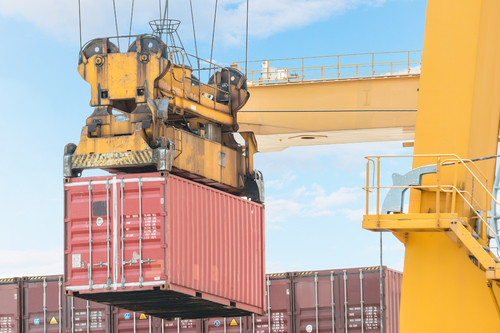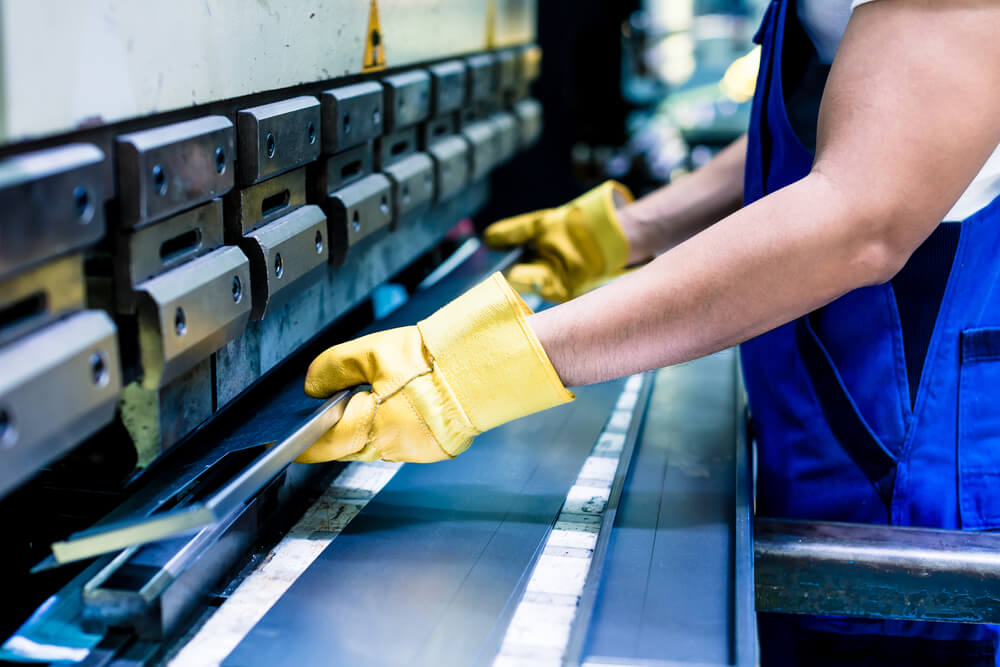Week 48 in Manufacturing News
The U.S. Economy Is Looking Durable Despite Risks From the Trade War; No-deal Brexit ‘would cost UK car industry £40bn by 2024’; Top 7 manufacturing challenges for 2020; Learn from These 6 Metal Manufacturing Leaders.
The U.S. Economy Is Looking Durable Despite Risks From the Trade War
A series of government reports Wednesday cast a picture of a steadily growing U.S. economy, fueled by solid consumer spending and defying threats — at least for now — from a U.S.-China trade war and a global slowdown.
U.S. manufacturing sector, which has been struggling with global economic weakness and damage from the trade conflicts, orders for high-cost items rebounded in October by a 0.6% annual rate after having declined in September.
Source: Time.
No-deal Brexit ‘would cost UK car industry £40bn by 2024’
The British car industry has delivered a bleak warning over the danger of a no-deal Brexit, saying it would devastate UK motor manufacturing at a cost of more than £40bn in lost production by 2024.
About 1.5m fewer cars would be produced by British factories in the next five years, manufacturers warned, should the industry fall back on World Trade Organisation (WTO) rules – whether in a direct no-deal Brexit or at the end of the transition period in Boris Johnson’s withdrawal deal.
Source: The Guardian.
Top 7 manufacturing challenges for 2020
Growing supply chain complexity, emerging next-gen technologies and other compelling forces will continue to challenge the manufacturing sector. Here’s a look at what’s ahead for 2020.
- Lack of supply chain collaboration
- Trade war effects
- Manufacturing skills gap
- Stalled industry 4.0 efforts
- Robotics and automation effects
- Amazon effect fallout
- Need for supply chain visibility
Source: SearchERP.
Learn from These 6 Metal Manufacturing Leaders
Metal manufacturers are getting ahead by using technology—including ERP platforms—in strategic ways. In fact, many of these companies are achieving goals that once seemed unattainable.
Meet six companies that have undergone digital transformations and are using connected manufacturing to reduce inventory, avoid waste, increase customer service levels, and more.
Source: IndustryWeek.


